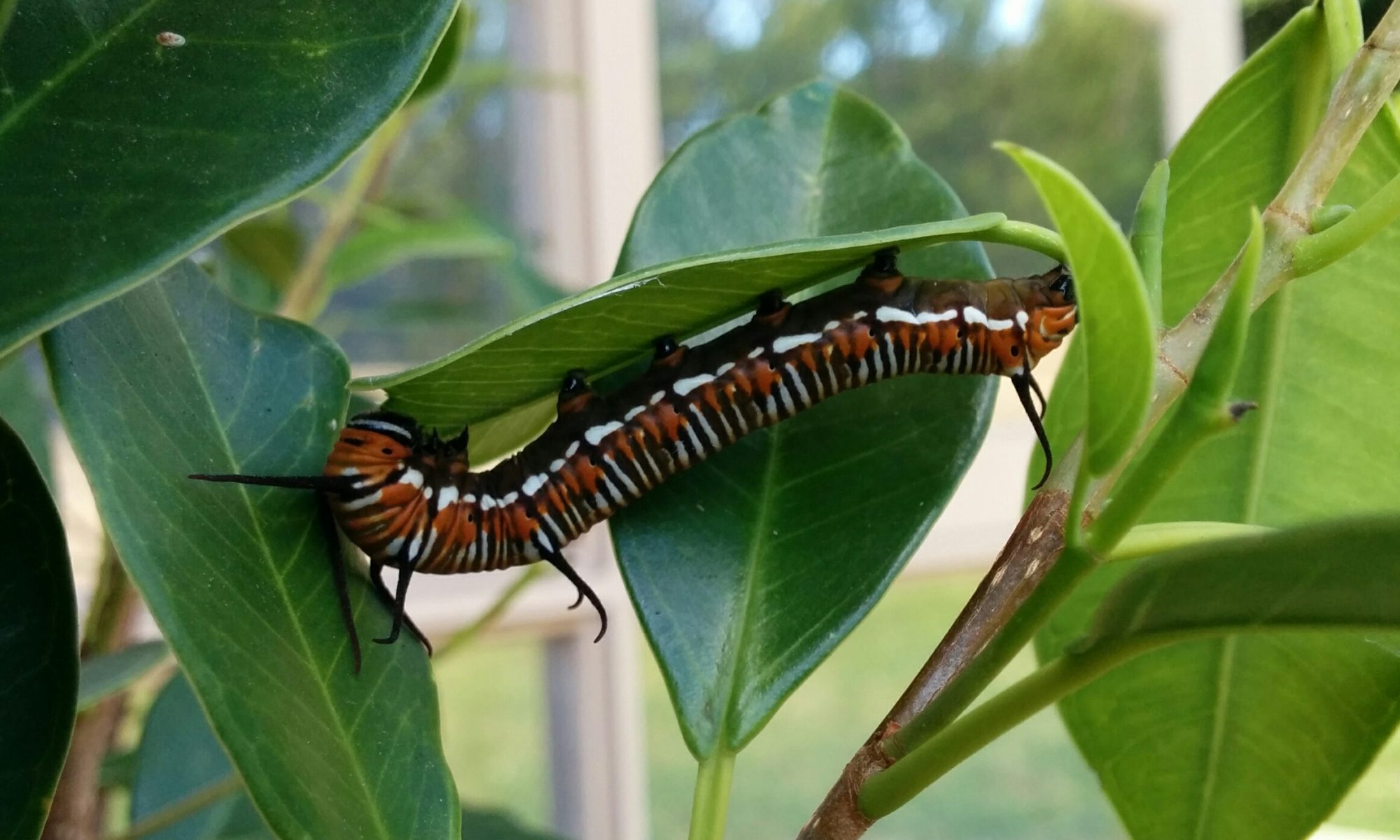Pollinators are the unsung heroes of our gardens, contributing to the beauty, productivity, and sustainability of our natural world. By recognizing their importance and taking steps to support them, we can create thriving and resilient ecosystems.
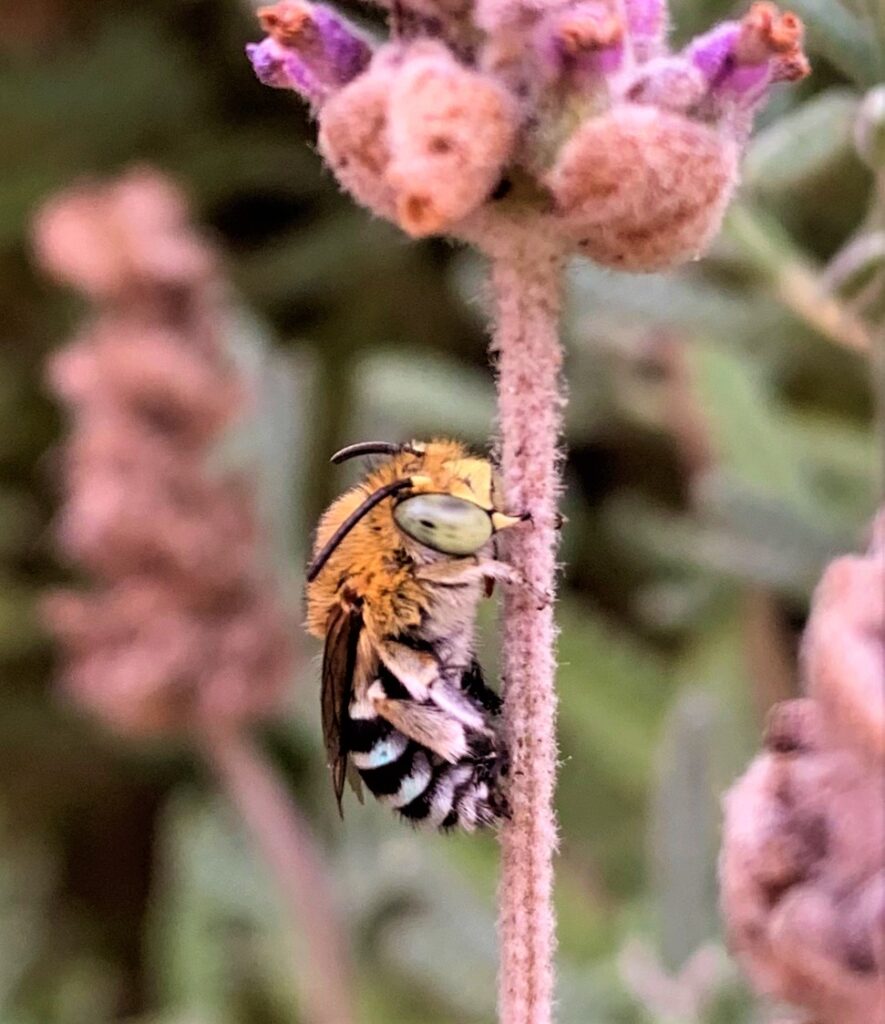
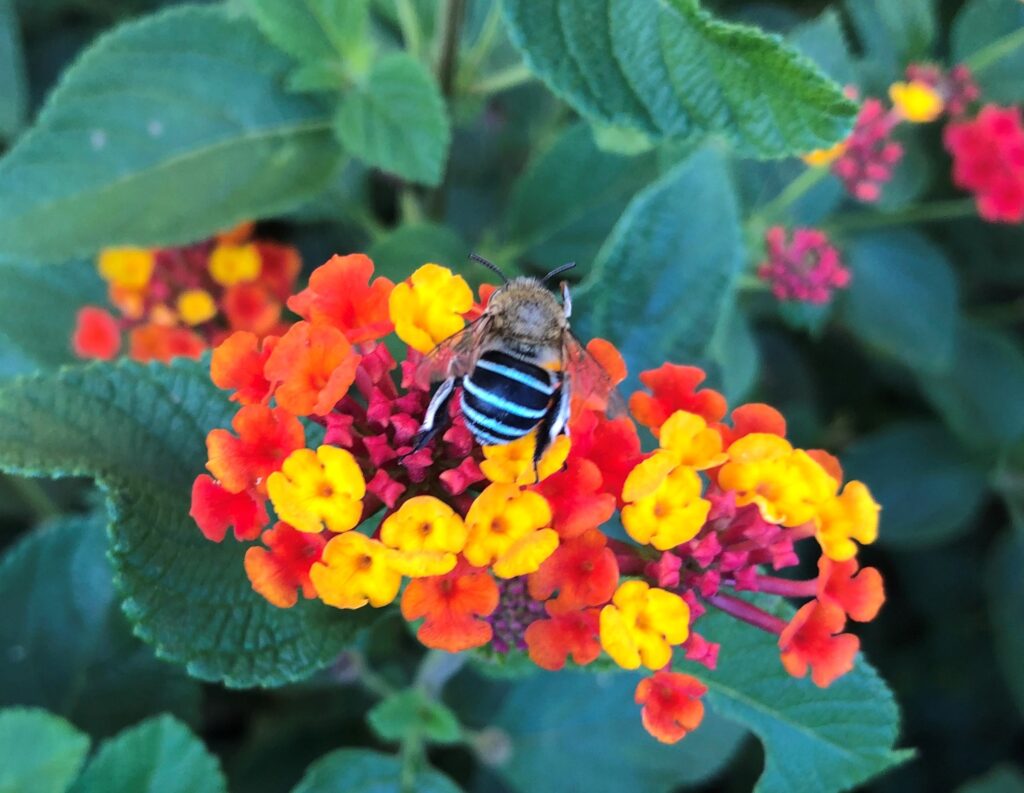
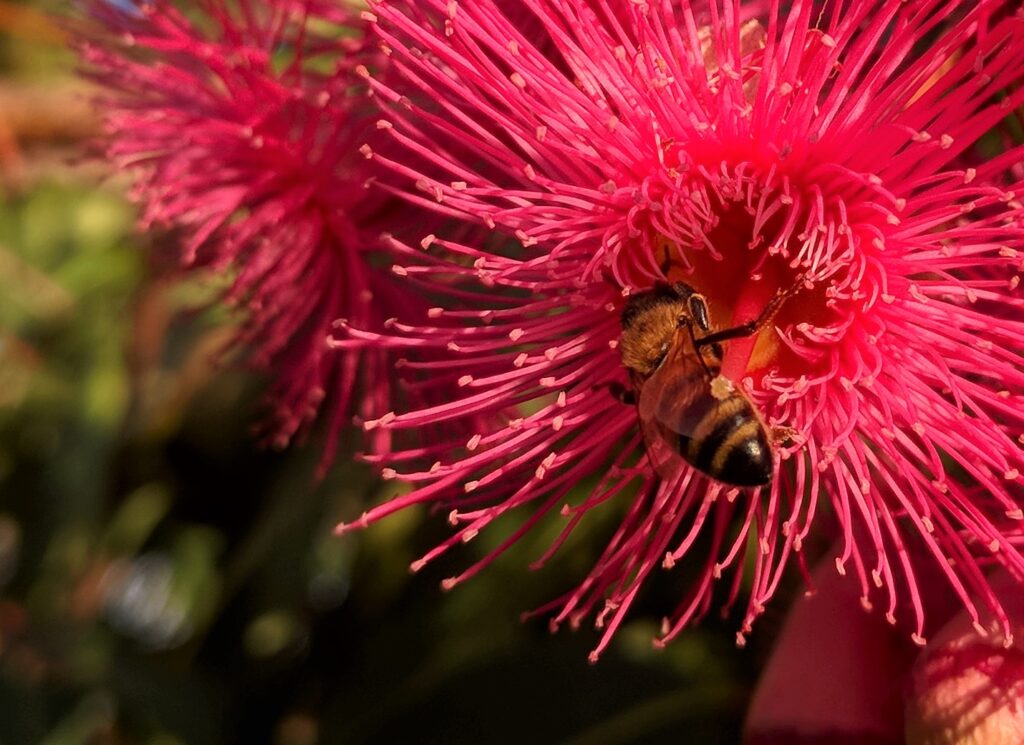
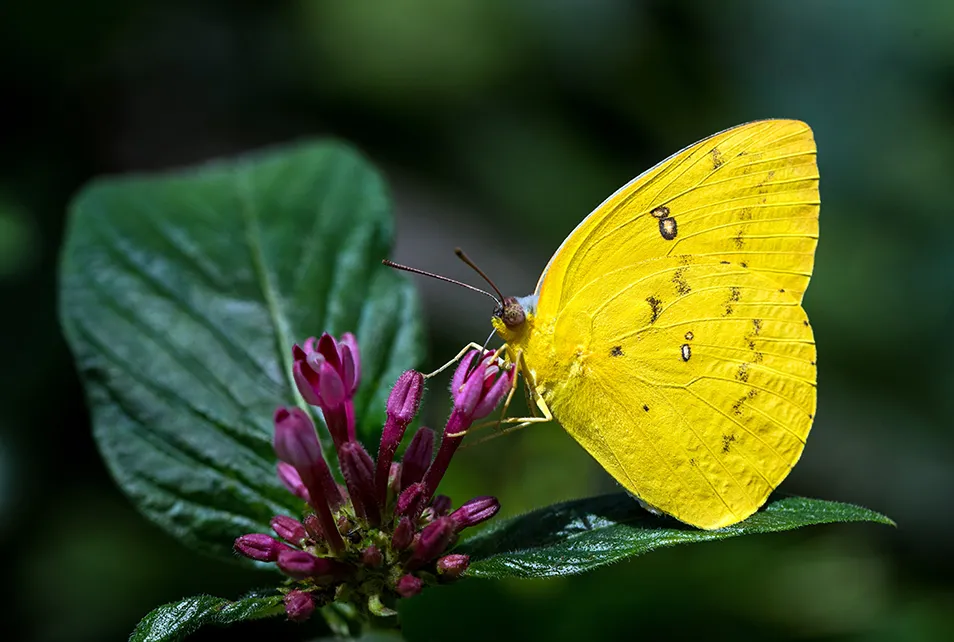
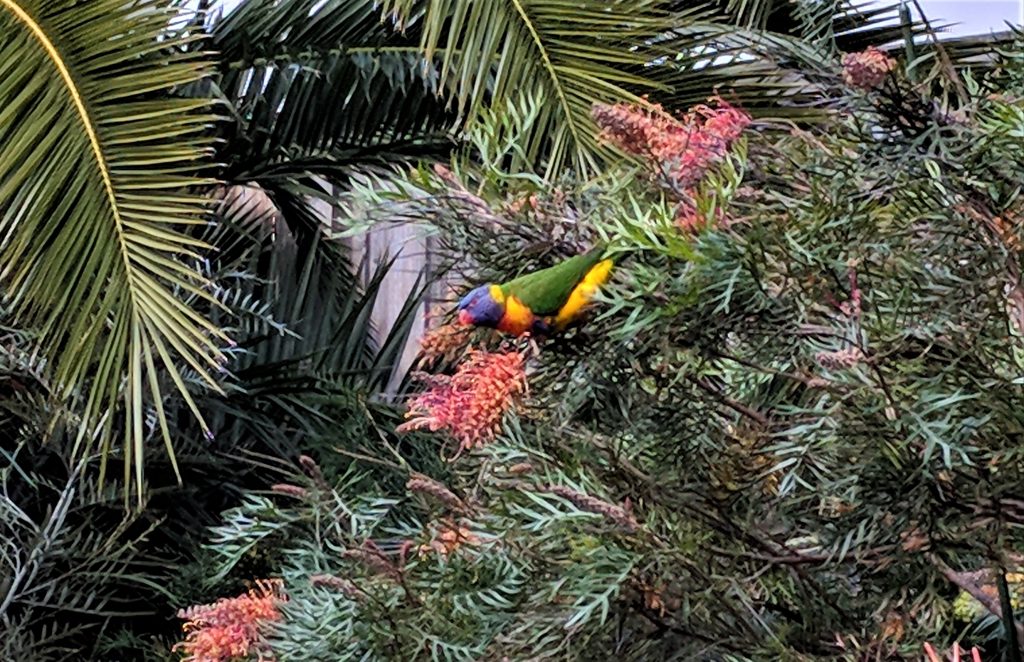
Bring birds, butterflies and bees into your backyard by providing food, water and shelter. Imagine your backyard alive with colour and birdsong. The quiet hum of bees in your veggie patch. You leave the city behind as you come home and relax with the peaceful sounds of nature.
Importance of Pollinators
- The Pollination Process: Pollination is the transfer of pollen grains from the male part of a flower (anther) to the female part (stigma). This process is essential for the reproduction of flowering plants, including many of the fruits, vegetables, and ornamental plants we enjoy in our gardens. They serve as intermediaries, carrying pollen between flowers as they move from one plant to another in search of nectar and pollen.
- Biodiversity and Ecosystem Health: Pollinators contribute significantly to the overall biodiversity of Australian gardens. The presence of diverse pollinator species helps to maintain the ecological balance and sustains a healthy ecosystem. When a variety of pollinators are attracted to a garden, they increase the chances of effective cross-pollination, promoting genetic diversity among plants. This, in turn, leads to the development of stronger and more resilient plant populations, better equipped to adapt to changing environmental conditions.
- Food Production: Beyond their role in maintaining natural ecosystems, pollinators also play a vital role in food production. Many fruits, vegetables, and nuts depend on pollinators for their reproduction. In Australia, crops like almonds, apples, avocados, cherries, and melons, among others, rely on the services of pollinators to ensure abundant yields. A lack of pollinators could lead to decreased crop production, resulting in both economic losses and potential food shortages.
- Creating Pollinator-Friendly Gardens: Given the importance of pollinators, it is crucial that we take steps to support their populations in our gardens. Here are a few ways to create a pollinator-friendly garden:
- Plant a diverse range of flowering plants that provide nectar and pollen throughout the year.
- Choose native plant species that are adapted to local pollinators.
- Avoid or minimize the use of pesticides, particularly during flowering periods.
- Provide nesting sites, such as bee hotels or butterfly houses, to support pollinator reproduction.
- Provide a water source, such as a shallow dish with pebbles, for pollinators to drink from.
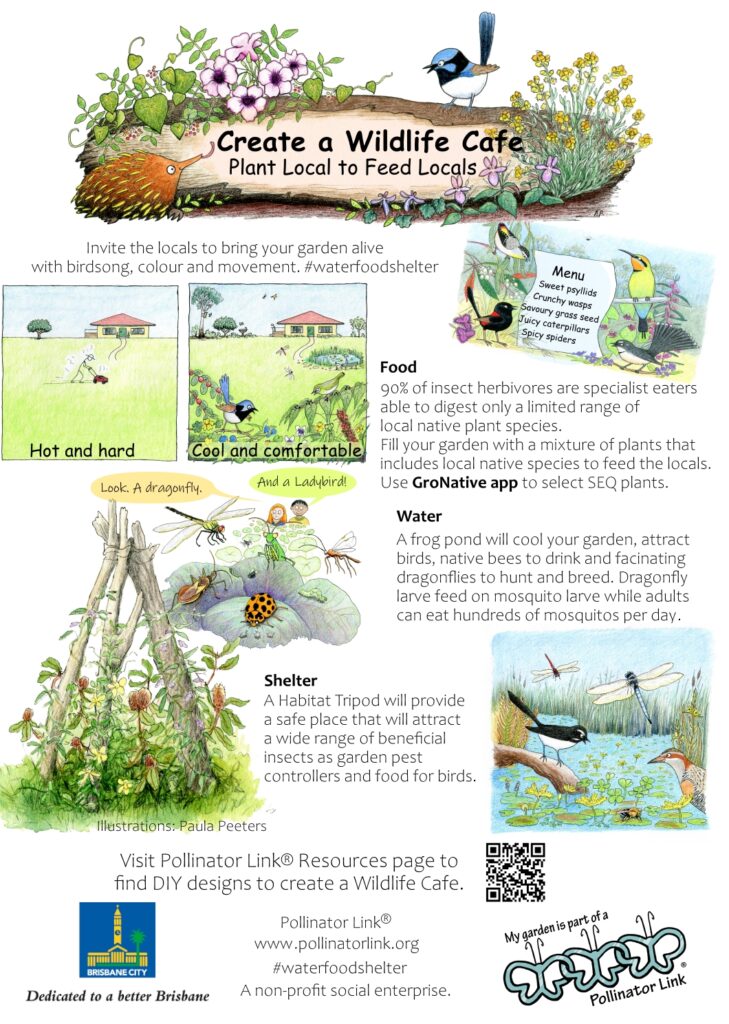
There are other pollinators too like bats, they are important especially for flowers that open at night. Some species of plant depend wholly on bats to pollinate their flowers and spread their seed. But let’s not forget our reptiles because some lizard species are known pollinators, including skinks and geckos. As they lap up nectar, pollen from flowers stick to their scales!
Pollinators are important for the health of our environment. By recognizing their significance and taking steps to support and preserve them, we not only enhance the beauty and productivity of our gardens but also contribute to the conservation of Australia’s unique biodiversity. Let us embrace the vital role of pollinators.
Find out what else you can do to create a wildlife friendly backyard with the What’s in your Backyard activity series.

